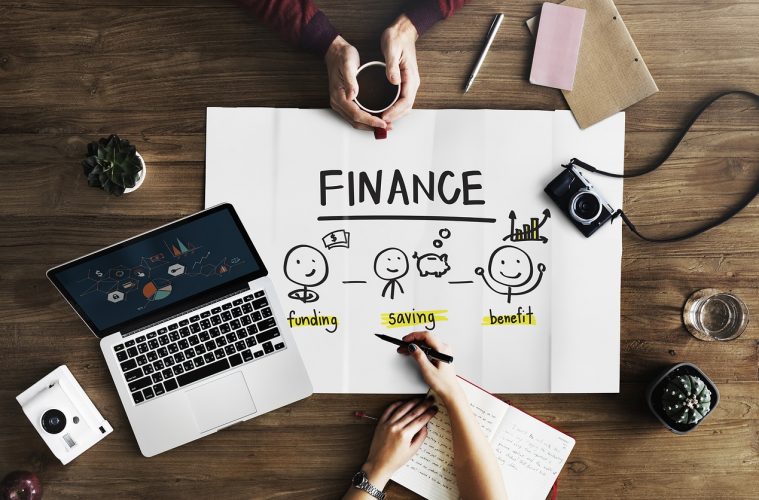 How did you earmark the last raise or bonus you received from your employer? Did you set aside more money for financial planning goals or did you ratchet up your spending on discretionary items like dining and travel? For many Americans, income increases in stages gradually as we age and our careers build momentum. Despite receiving promotions at work or earning higher levels of income as our careers grow, there is a danger lurking around the corner that can trip many of us up financially - lifestyle creep.
How did you earmark the last raise or bonus you received from your employer? Did you set aside more money for financial planning goals or did you ratchet up your spending on discretionary items like dining and travel? For many Americans, income increases in stages gradually as we age and our careers build momentum. Despite receiving promotions at work or earning higher levels of income as our careers grow, there is a danger lurking around the corner that can trip many of us up financially - lifestyle creep.
Lifestyle Inflation
As income grows so does our desire to treat ourselves to pricier items and experiences. A steady increase in spending that exceeds increases in income is known as lifestyle creep or lifestyle inflation. While the process of gradually increasing your spending as wages rise is normal, some of us increase our spending to levels that could prevent us from maintaining our lifestyle later. The way we frame “needs” and “wants” often changes as we earn more and we can begin to move toward increased levels of spending. Early in a career, our need may be for a modest apartment and automobile. As income grows it is natural to want a larger/nicer apartment or to purchase a home. Then we need a larger home, more expensive automobile, the latest and greatest gadgets then a vacation home and suddenly our lifestyle is substantially greater than we could have imagined. The question becomes – is your current lifestyle going to impair your ability to maintain your future lifestyle? Unfortunately, the answer for many people is yes.
The reason automobiles have tire pressure monitors is so that you know when you are losing air in your tires and can pull over. The last thing you would want to do is to drive on a flat tire. For many people, they are currently driving on an unsustainable path where major lifestyle changes and adjustments could be necessary. Unfortunately, most people do not have tire pressure monitors for their financial plan and are completely unaware of the trajectory they are on. Wouldn’t it be beneficial to know whether you were driving on a financial flat tire and needed to pull over?
Avoid procrastination
When it comes to planning, the longer the time horizon for a goal’s achievement, the more susceptible we are to procrastination. As income increases over time or we receive a large bonus, it is easy to say to ourselves “I will increase retirement savings next year” or “I will start the college fund with the next bonus”. Unfortunately, the years can fly by and our intention to get started on making planning a priority never occurs.
Develop a budget
There is no way to understand how much you can save if you don’t know how much you are spending. The good news is that developing a budget and earmarking a specific percentage of income  toward various goals can be an effective way to limit lifestyle creep from taking over. For example, consider saving 15% of your income toward retirement, regardless of how your income might increase over time. This may be easier said than done but it is critical to help safeguard your ability to maintain your lifestyle later in life. The fact is, too many of us are completely unaware that we are spending money today that will limit what we can spend tomorrow.
toward various goals can be an effective way to limit lifestyle creep from taking over. For example, consider saving 15% of your income toward retirement, regardless of how your income might increase over time. This may be easier said than done but it is critical to help safeguard your ability to maintain your lifestyle later in life. The fact is, too many of us are completely unaware that we are spending money today that will limit what we can spend tomorrow.
It is natural to want to enhance your lifestyle as income grows over time. The challenge comes when current lifestyle enhancements become excessive and could lead to compromising your ability to maintain your future lifestyle. Developing and maintaining a budget, earmarking specific percentages toward savings goals and avoiding procrastination are a few strategies to help reduce the impact of lifestyle inflation. Since everyone’s situation is unique, consider speaking to your financial advisor to determine the appropriate financial life plan for you.
Kurt J. Rossi, MBA, CFP®, CRPC®, AIF® is a CERTIFIED FINANCIAL PLANNERtm Practitioner & Wealth Advisor. He can be reached for questions at 732-280-7550, kurt.rossi@Independentwm.com, www.bringyourfinancestolife.com & www.Independentwm.com. LPL Financial Member FINRA/SIPC.










